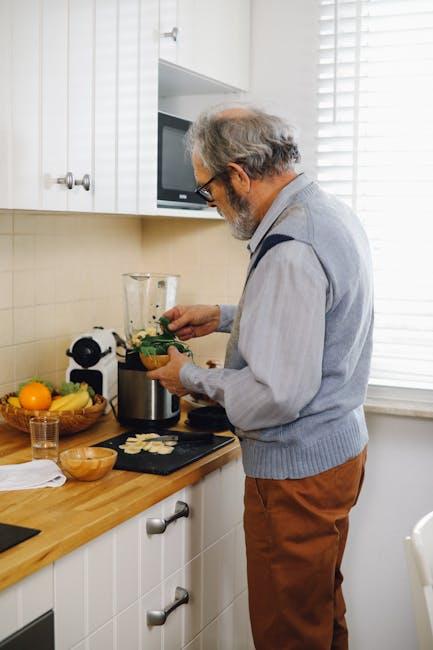As the golden years embrace our beloved furry companions, they bring with them a treasure trove of wisdom, gentle snuggles, and the occasional creaky joint. Watching our senior dogs and cats navigate the world with a little less spring in their step can tug at our hearts, but fear not—there are ways to help them rediscover their playful spirit. Welcome to a journey of understanding and nurturing, where we’ll explore compassionate strategies to manage arthritis and joint pain in our aging pets. Together, we’ll unlock the secrets to enhancing their comfort and joy, ensuring their twilight years are as vibrant and fulfilling as the love they’ve always shared with us.
Understanding the Silent Struggle: Recognizing Arthritis in Your Senior Pets
As our beloved pets age, they may begin to exhibit subtle signs of discomfort that often go unnoticed. Arthritis is a common condition in senior dogs and cats, and recognizing its early symptoms is crucial for their well-being. Look out for these telltale signs:
- Reluctance to jump, run, or climb stairs
- Noticeable stiffness, especially after rest
- Limping or favoring one leg
- Decreased activity or lethargy
- Behavioral changes, such as irritability or withdrawal
By being vigilant and observant, you can help alleviate their pain and improve their quality of life. Incorporating gentle exercise, weight management, and joint supplements into their daily routine can make a world of difference. Regular veterinary check-ups are essential to tailor a comprehensive care plan that suits your pet’s specific needs.

Natural Remedies and Holistic Approaches to Ease Joint Pain
When it comes to easing joint pain in senior pets, embracing natural remedies and holistic approaches can offer gentle relief. Herbal supplements like turmeric and ginger are known for their anti-inflammatory properties and can be mixed into meals. Consider essential oils such as lavender or chamomile, which can be diluted and gently massaged into sore areas, providing soothing comfort.
- Acupuncture: This ancient practice can enhance mobility and reduce pain by stimulating specific points on the body.
- Hydrotherapy: Swimming or water exercises can ease joint stress while building muscle strength.
- Dietary Adjustments: Incorporating omega-3 fatty acids found in fish oil can support joint health.
Regularly practicing these approaches can help improve your furry friend’s quality of life, nurturing their well-being with the gentle touch of nature.

Creating a Comfortable Environment: Home Modifications for Mobility
Transforming your home into a haven of comfort for your senior pets can significantly ease their arthritis and joint pain. Consider installing ramps or pet stairs to help them access their favorite spots without the strain of jumping. Soft, supportive bedding is essential; think orthopedic pet beds that cradle aching joints and provide warmth. If your home has slippery surfaces, non-slip mats or rugs can prevent painful slips and falls.
- Elevated Feeding Stations: Reduce neck and back strain by raising food and water bowls to a comfortable height.
- Temperature Control: Ensure rooms are warm and draft-free, as cold can exacerbate joint pain.
- Accessible Litter Boxes: For cats, consider lower-sided boxes to make entry and exit easier.
Incorporating these thoughtful modifications not only enhances mobility but also fosters a nurturing environment where your furry companions can thrive in their golden years.

The Power of Nutrition: Diet Tips to Support Joint Health
Proper nutrition plays a vital role in easing arthritis and joint pain in our senior furry friends. Incorporating the right foods into their diet can help reduce inflammation and improve mobility. Here are some dietary tips to support joint health in your aging pets:
- Omega-3 Fatty Acids: Include fish oil or flaxseed oil in their meals to help decrease inflammation and lubricate joints.
- Lean Proteins: Opt for high-quality proteins like chicken or turkey to maintain muscle mass without adding extra weight.
- Antioxidant-Rich Foods: Blueberries, spinach, and sweet potatoes can fight oxidative stress and support overall joint health.
- Glucosamine and Chondroitin: Consider supplements that can aid in cartilage repair and provide relief from stiffness.
Always consult with your veterinarian before making significant changes to your pet’s diet to ensure these adjustments are safe and effective for their specific needs.


































